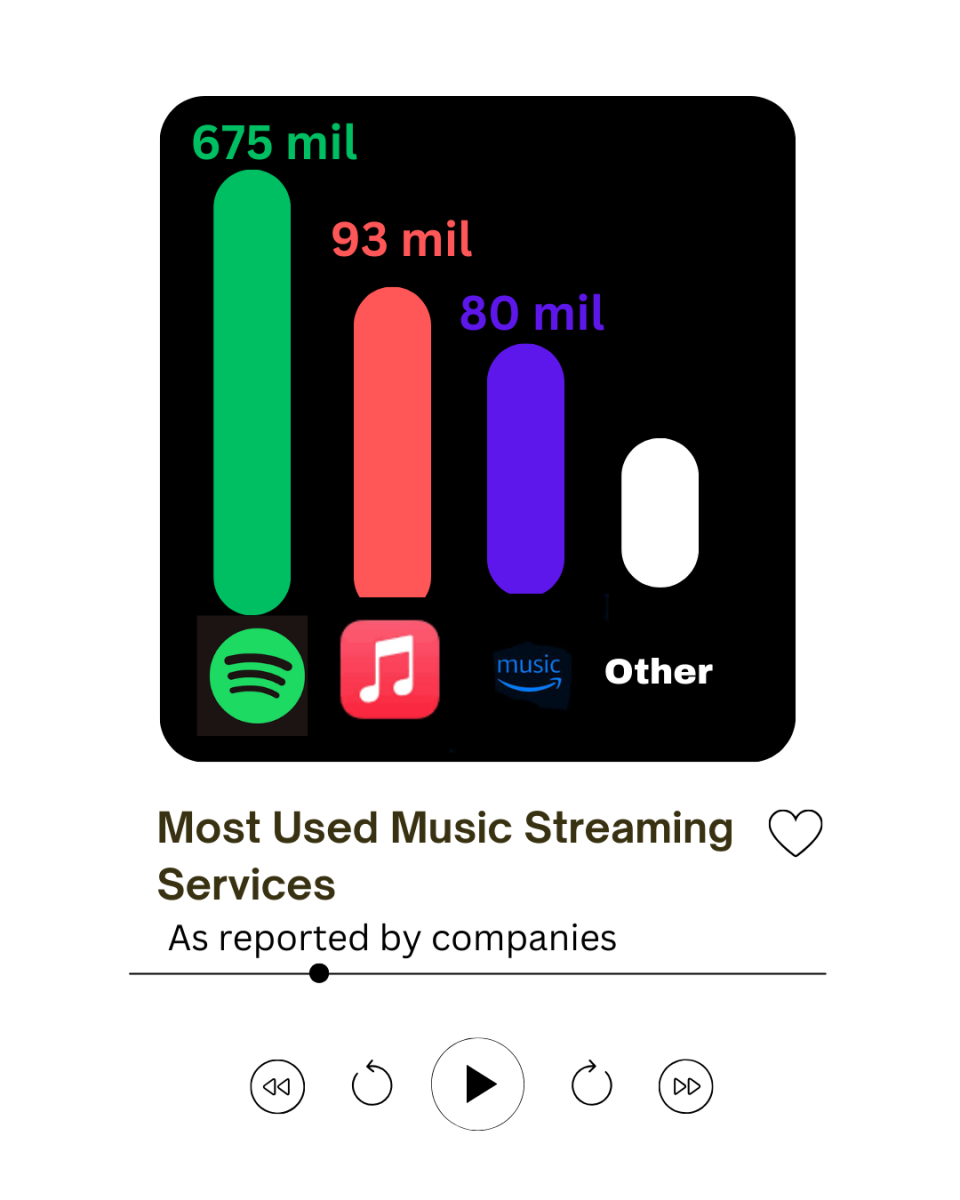
I’ve studied Shakespeare’s plays in school since seventh grade. Even before that, teachers of mine constantly alluded to his work, and we read his passages in class. Back in middle school, I always felt reading Shakespeare was worthless; it was time and energy wasted on deciphering flowery, archaic language and maybe uncovering some semblance of plot, which itself was unintriguing and dull. Since then, though, new teachers’ approaches to the material and the variance of the plays themselves from year to year helped me to appreciate the Bard.
There remain many, however, who go unenlightened and still complain incessantly about the terrors of Shakespeare, most without understanding why it is taught. You may be one of these people, but you need have No Fear™ because the most important part of learning the playwright’s writings is not translating 17th-century English, nor is it even fully understanding the plays’ events. Instead, the relevancy of Shakespeare lies in the ingenious structure of his compositions.
“We don’t have you read Shakespeare because of his archaic words. That would be silly. What matters is that his syntax, diction, and use of both rhetorical devices and figurative language are excellent—probably the best in all of literature,” said Mr. Craig Schmidt, an English teacher at LHS who teaches Hamlet in his Freshman Literature and Composition class. “Shakespeare’s best speeches are packed with vivid examples of all the things English teachers want our students to recognize in other people’s writing and incorporate into their own writing.”
Furthermore, we as students are exposed to the works of the English dramatist here in high school because it is something we wouldn’t otherwise study.
“I think if students didn’t get it in high school, they wouldn’t get it, and I think that would be a shame,” said Mrs. Karen LeMaistre, another Lit teacher at LHS. Her World Lit Honors classes study Macbeth. “People don’t often pick up Shakespeare for fun unless they’ve somehow been introduced to it and it isn’t made to be scary for them.”
That last part is important: lots of kids are resistant to Shakespeare in the first place because they know it will be challenging. That resistance is one of the reasons so many end up struggling with his plays. Almost paradoxically, then, Shakespeare is taught because his texts are so hard to analyze.
“What students fail to see (or simply resist seeing), is that one of the main reasons to read Shakespeare is because doing so is difficult…In dissecting his writing, the reader or spectator is doing the literary equivalent of performing an autopsy, except that the subject is not dead, but rather alive and constantly challenging us to examine him from different perspectives,” contended Schmidt.
The last issue to be brought up is that of cultural relevancy. To put it simply, in 30 years, the Twilight Saga (hopefully we’re already forgetting these) will be just about as widely read as The Aquitaine Progression, a best-seller in 1984, is now (hint: it hasn’t been popular in three decades), while Shakespeare will still be read throughout the world in massive volumes — no pun intended.
The fact is, Shakespeare has attained an unprecedented cultural permanence because of the efficiency and beauty of his writing, and his work will continue to demand universal attention. That is something we have to accept and should embrace. Frankly, I wish I could tell my seventh grade self to put a sock in it.








